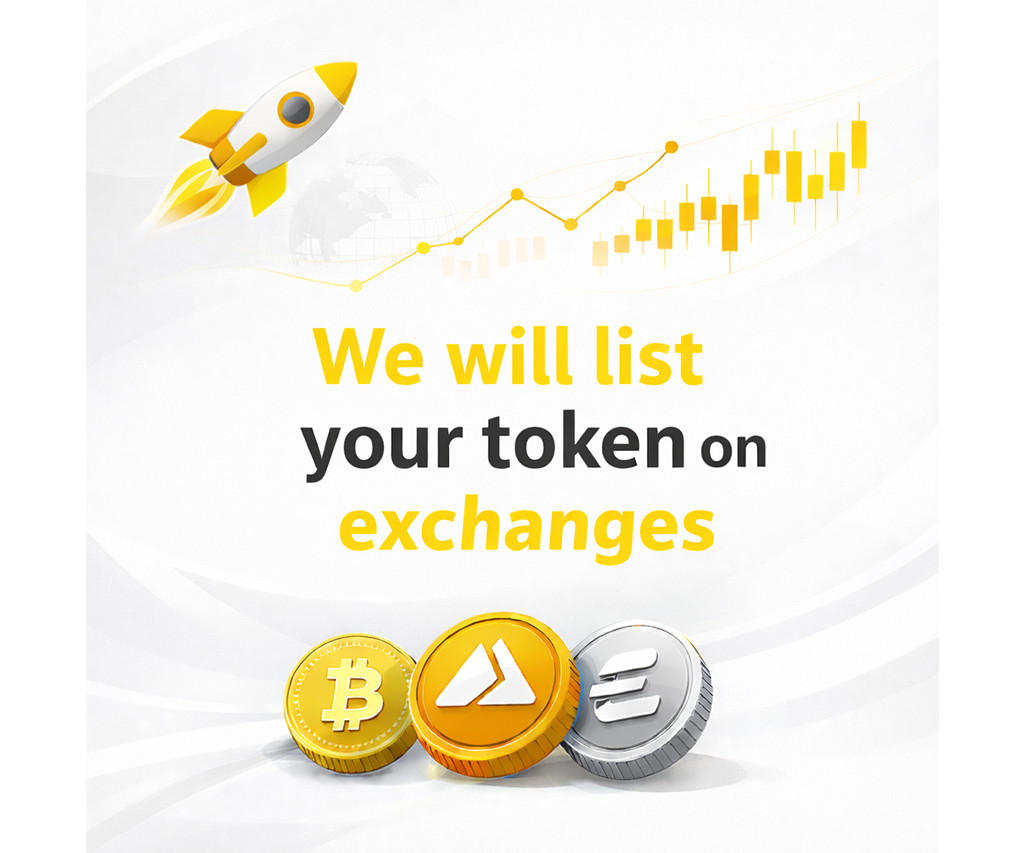 | Gemstra |
Gemstra is a decentralized blockchain-integrated ecosystem which liberates today’s social selling economy, with the goal of building a technological protocol for social selling in retail industry.
Important By investing in this business you agree to ourDisclaimer. All information including our rating, is provided merely for informational purposes. CryptoTotem does not provide investment advice.
What is Gemstra
Gemstra’s mission is to make social selling accessible and awesome for everyone. Social selling, traditionally called “direct selling”, utilizes multi-level selling models that rewards people (called “Sellers” in the Gemstra ecosystem) for influencing sales through promoting brands to their social network. Social selling is a large and growing industry, yet it is extremely captive and mostly unavailable to the broader retail market.
Gemstra is building a blockchain-integrated ecosystem (ASTRA Platform) and token economy (GMS Token) to unlock social selling to the entire retail market. ASTRA is a smart contract platform. It leverages blockchain technology to put data back in the hands of sellers and enable retailers (called “Merchants” in the Gemstra ecosystem) and brands from the $24 trillion global retail economy to join social selling. Gemstra provides open source software and an SDK for Merchants to integrate with ASTRA. The GMS Token will reduce friction as ASTRA’s default exchange of value, power gamification and reward models native to social selling, and provide governance to democratize the ecosystem.
ASTRA Platform and the GMS Token are exactly what the stakeholders of social selling need - the de facto infrastructure and reward economy for an unpredictably large market.
Gemstra launched a proof-of-concept social selling marketplace called BOUTIQUES in July 2017 that gives sellers the ability to choose brands and products they want to sell and invites brands from the broader $24 trillion retail economy to participate by simply integrating their catalogs. BOUTIQUES quickly attracted 3000 sellers and 8 brands generating 7-figure annualized merchandise sales within 9 months of launch. The rapid growth of BOUTIQUES proved that retail brands want to participate in social selling and sellers desire freedom.
ASTRA - A smart contract platform
The success of BOUTIQUES inspired Gemstra to build a broader solution to liberate social selling to the broader retail economy (worth over $24 trillion globally). ASTRA is a blockchain-integrated platform that serves as technological infrastructure for social selling. ASTRA’s blockchain technology allows sellers to keep customer and network data they worked hard to generate, merchants to host transactions between multiple brands and myriad sellers, and brands to offer customized commission and rewards as well as a portable catalog that can be integrated with any variety of merchants. ASTRA promotes fair behavior and creates a trustless ecosystem for all actors in the social selling model. Gemstra will make the BOUTIQUES software open source and develop a SDK for merchants and brands to easily deploy a social selling business on ASTRA.
GMS Token - Exchange of value, rewards, gamification, and governance
By tokenizing ASTRA with the GMS Token, Gemstra reduces friction in the social selling transaction. GMS is an ERC20 token that serves as the most cost-effective method of exchanging and storing value. GMS is the default method of commission payment to Sellers. GMS can be used to purchase products at any Merchant. More importantly, GMS powers a gamification system that can be customized by brands and merchants for sellers. Gamification is the second most important form of incentive in social selling. Gamification can be based on achievement or engagement. Community and recognition are primary drivers of retention in social selling. Sellers form teams within a broader community that provides support, encouragement, and accountability. Recognition within a community drives Sellers to grow or minimally maintain their achievements. GMS provides an ideal reward construct that drives gamification through community and recognition. Distributions awarded by voting and special access granted by staking are GMS features that further incentivize Sellers to grow. Finally, GMS creates a system of governance within ASTRA so its actors have decentralized control over changes made in the ecosystem.
Value to the Actors
Gemstra Roadmap
Early Idea : Envisioned ecommerce / marketplace disruption of direct selling industry
First Attempt: Launch horizontal portfolio of ecommerce brands
Second Attempt: Launch omni-channel single brand called JewelScent
Pivot: Start building the Gemstra Backoffice platform
Continued: Begin building Gemstra Boutiques
Alpha: Gemstra Boutiques - centralized Merchant with decentralized Sellers and Brands
Expand Vision: Gemstra Token - economy to truly decentralize social selling economy
Beta: Gemstra Boutiques August 2017 Add 7 Brands to Gemstra Boutiques
- Proof of Concept: Smart contract economy to transact retail sales between Seller > Merchant >Brand on ERC20
Proof of Concept : Customizable multi-level economics
Fundraising Preparation / SEC Guidelines
Private Investor Round
Engage PR firm and commence community building
Established Broker - Dealer engagement with Entoro for STO offering
- Finalize legal for private Token Subscription Agreement and ICO
Pre ICO
Entoro STO Sale
Add GMS Token support at checkout layer + Seller GMS withdrawal for commissions
Public ICO
End ICO
Investor Wallets have been distributed.
Deploy user/profile smart contracts
Business Development Sprint I : Add/Sponsor 20 Brands
Open source checkout service
Deploy Brand smart contracts
Brand Onboarding : Gemstra Boutiques
Business Development Spring II : Add 1-5 Merchants / Brands
Merchant Onboarding : Brands can existing on separate Merchants
Annual Goal : 1000 Brands / 100 Merchants International Growth : China, Korea, Taiwan, Japan, EU
- Two-Year Goal : 20,000 Brands / 1,000 Merchants International Growth : Russia, Brazil, India, Canada, Australia
Five-Year Goal : 100,000 Brands / 5,000 Merchants
Deployed Worldwide
Token Sale Dates
Presale Period
ICO
Token Allocation
Funding Details
Restrictions
USA, China
Token distribution
40% - Sale
30% - Growth
20% - Team
10% - Advisors
Funds allocation
38% - Marketing & Business Development
22% - Software Development
18% - Operational Expenses
12% - Reserve
5% - Legal
5% - Misc
Token Price and Payment Options
Project team





Advisors



















